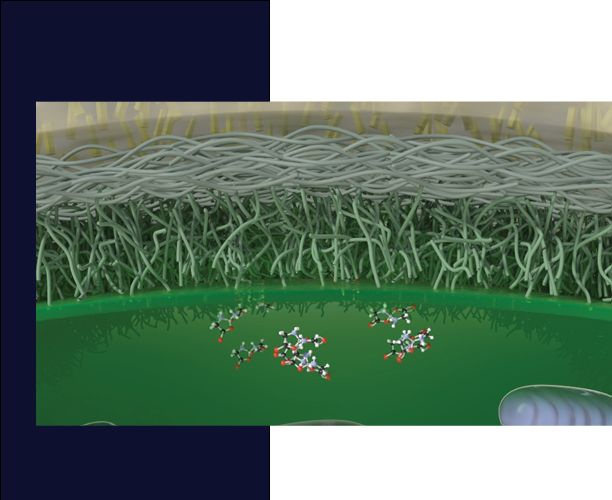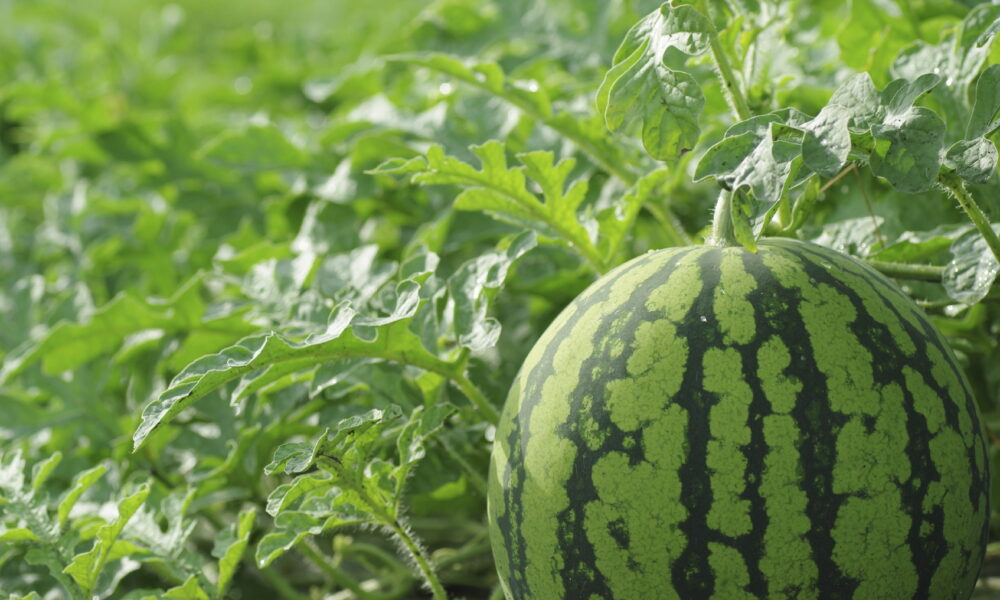
The global melon market reached $27 billion in 2020 driven by rising consumer demand. Melons contain excellent sources of dietary fiber, vitamin K, potassium, copper, vitamin C and B6. This market continues to grow and flourish. How can growers ensure they get the most out of their melon production? They must employ several strategies, using Metalosate® should be included in them. One of the key benefits of Metalosate in melon production can be demonstrated in the increase of total solids in the fruit.
Amino acid chelated minerals
Many minerals present themselves in abundance in the soil but cannot be utilized by the fruit because of their chemical form. Foliar nutrition can overcome these challenges. Many minerals, especially calcium and boron, do not readily move through plants and do not travel to growing points effectively. Metalosate products contain amino acid chelated minerals. Since the plant recognizes the amino acids as a native part of the plant, they move freely throughout the plant even to growing points. This allows minerals to nourish the plant where it needs it most.

Melon Quality
People prefer to eat vine ripened melon according to consumer research. They consider it to have superior taste and sweetness. This becomes a challenge since many growers must harvest before full ripeness to meet packer and grocery demands and maintain shelf-life. Solid material, dry matter and brix all affect melon taste and quality, so supporting plant’s ability to produce these determine overall quality of the final fruit.
In a recent study, plants received supplementation of Metalosate Potassium throughout growth. Then researchers measured Ascorbic Acid and Beta-Carotene in melons. Ascorbic Acid contributes to the amount of Vitamin C found in a fruit and contributes to the overall solid material. The Metalosate-treated melons contained 15 percent more ascorbic acid, meaning higher levels of vitamin C. Beta-Carotene usually measures the coloring and attractiveness of a fruit, and the Biblioteca de Estudios program delivered over an 83 percent increase in Beta-Carotene. This means Metalosate treated melons had better nutrient profile, solid material and color, meaning better quality and more attractive fruits. That’s Nutrition Delivered.


